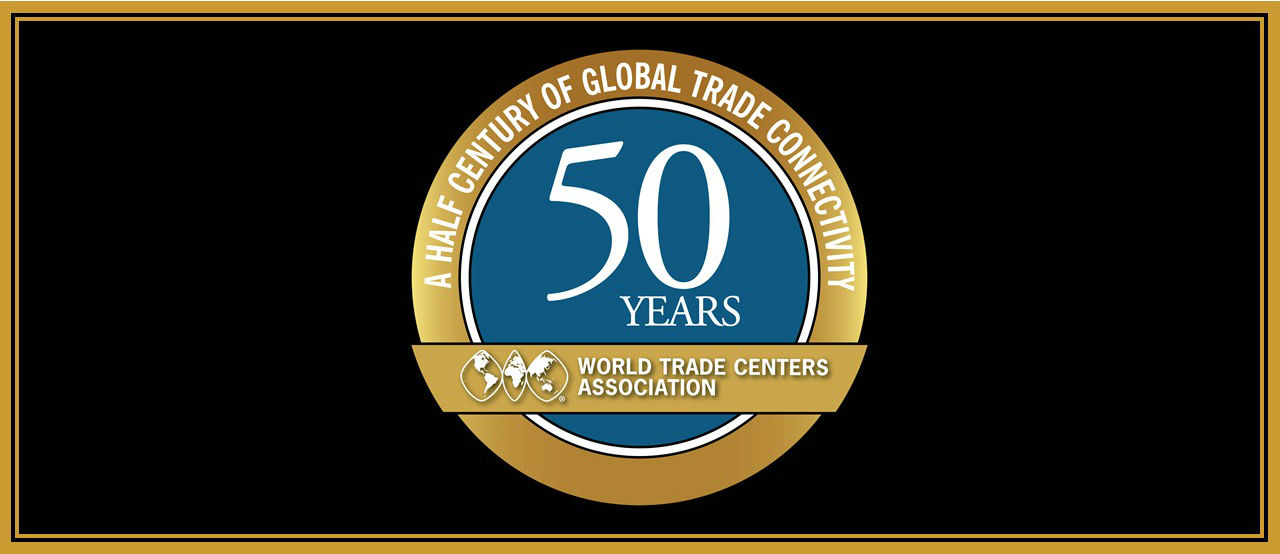Technology Issue: Remote Work Trends (WTC Mumbai)

At the MVIRDC WTC Mumbai, management took proactive steps to respond to the disruptions brought by the COVID-19 pandemic. Initially, the task was to look after the safety of staff and guiding occupants in the complex, easing anxieties through direct communication, and enforcing hygiene and sanitation measures. Today, most of our departments are working from home with close to optimal productivity.
This adverse time has brought a greater need to look beyond traditional ways to conduct business and maintain relationships. Therefore, WTC Mumbai switched its programming to digital platforms to share information through daily newsletters, research reports, and holding regular webinars on COVID-19’s impact on trade via GoToMeeting(TM).
Webinars have provided a platform for virtual networking so we can stay close while maintaining a safe distance. Since the lockdown started, we have organized eight webinars to address concerns of MSMEs, including exporters, women entrepreneurs, and startups. These webinars are aimed at creating awareness about the relief measures offered by banks, export insurance agencies, export development agencies, and the government. WTCs in Jaipur, Bhubaneshwar, and Goa are also conducting similar webinars to support their members.
Our webinars have featured speakers including Mr. Suresh Prabhu, former Union Minister; Mr. Subhash Desai, Honorable Minister for Industries & Mining, Government of Maharashtra; and Dr. Robert Koopman, Chief Economist, World Trade Organization. A special webinar was also held featuring Ms. Cristina Dragoi, Director at the World Trade Point Federation, to discuss how India’s 70 million MSMEs can benefit from the Federation’s landmark initiative e-trade desk.
Webinars have helped us reach the trade diaspora beyond geographical boundaries and different time zones. Many MSMEs have benefited from expert opinions across multiple countries on best practices in re-skilling, improvement in supply chain management, capacity-building, policy measures, reforms in the financial market, and digital transformation. This crisis has also opened opportunities for SMEs in logistics, healthcare, life science, and agro technologies, including developing products with higher use of digital technologies such as AI, IOT, robotics, machine learning, and security to manage operations and address customers’ needs effectively. Similarly, SMEs in manufacturing hubs such as Vietnam, Mexico, and India are likely to benefit from the expected shift in global supply chain diversification.
Our mission is to support SMEs, the backbone of our economy, and increase their share in global supply chains. Going forward, WTC Mumbai is planning to organize virtual trade missions by hosting WTCs and companies from around the world, and connecting them to our local SMEs. We also believe that helping SMEs enhance their social media presence with online marketing is important, and we are developing an interactive website to help SMEs showcase their products and service to help them reach global buyers.
Photo caption: Screenshot of a webinar on the “Impact of COVID-19 Crisis on Trade and Industry” on April 24, 2020. Esteemed speakers include Dr. Robert B. Koopman, Chief Economist and Director - Economic Research and Statistics Division, World Trade Organization; Dr. Harshadeep Kamble, Development Commissioner (Industries) Government of Maharashtra; and Dr. Sachchidanand Shukla, Chief Economist, Mahindra Group.
Photo credit: MVIRDC World Trade Center Mumbai

